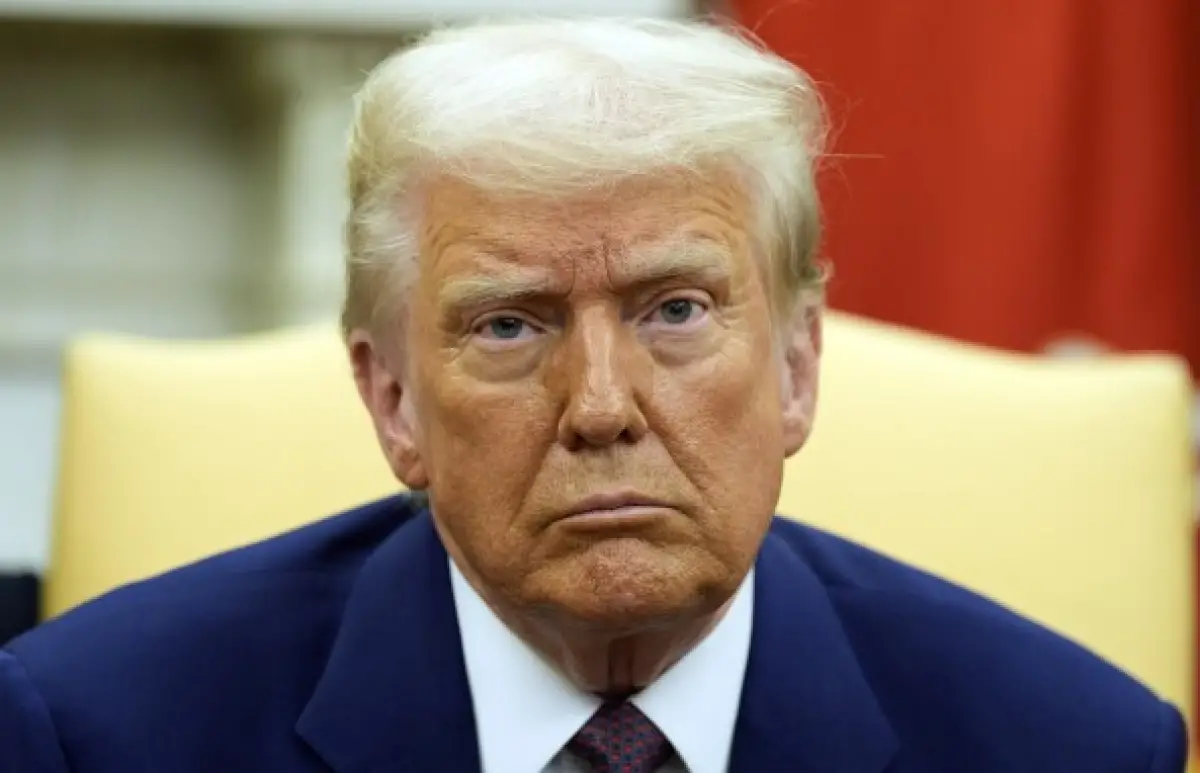Security Clearances Revoked for Key Former Officials – Major National Security Change
President Donald Trump has taken an unprecedented step in national security by revoking the security clearances of several former government officials, including high-profile figures from the previous administration. This action, announced in a memorandum from the White House, is part of Trump’s broader efforts to protect classified information and prevent any potential threats to national security.
In the memorandum, Trump declared that the continued access to sensitive information by these individuals no longer serves the nation’s best interest. He instructed heads of executive departments and agencies to revoke all active security clearances held by the listed individuals, as well as to restrict their access to secure government facilities.
The targeted individuals include former top officials such as former Secretaries of State, high-ranking members of the Department of Justice, and intelligence community figures. Notably, former President Joe Biden’s security clearance was also revoked in a similar move earlier. The decision to withdraw security clearances marks a significant break from past practices, where former senior officials were often granted continued access to classified materials after leaving office.
This move, according to Trump, is necessary to safeguard the nation’s sensitive information and ensure that individuals with access to classified material maintain the highest standards of judgment and integrity. In his view, any perceived risks—such as cognitive issues or compromised judgment—could potentially undermine the security of the nation. The decision extends beyond concerns over individual competence, as it also reflects a broader push to reassert control over national security protocols and the flow of sensitive information.
While some political analysts suggest that this action is in line with Trump’s desire to dismantle what he has described as a “deep state” influence within government agencies, others argue that it could have far-reaching implications. The revocation of security clearances could raise questions about the future role of former officials in advising current leaders, and whether such a move would limit the availability of experienced policy advisors in the future.
The announcement has received mixed reactions. Supporters of the move see it as a necessary action to protect the integrity of classified information and prevent any misuse of sensitive data by individuals with questionable judgment. They argue that it sends a clear message that only those with a demonstrated commitment to national security should have access to sensitive government materials.
On the other hand, critics have voiced concerns about the politicization of security clearances. Many argue that revoking clearances based on political considerations could undermine the non-partisan nature of national security efforts. The intelligence community relies on a diverse group of individuals with varying perspectives to ensure a balanced and effective approach to safeguarding the nation’s security, and critics fear that politicizing these decisions could erode public trust.
Despite the controversy, the White House has defended the decision, stressing that it is focused solely on national security and not on political motivations. White House Press Secretary Karoline Leavitt emphasized that the revocation was aimed at protecting the integrity of the government’s classified information, ensuring that those who hold access are fully committed to safeguarding national security.
This development is part of a broader discussion about the evolving nature of national security in the modern age. As technology and digital systems become more integral to intelligence operations, the issue of who should have access to sensitive information is increasingly complex. The revocation of security clearances from former officials raises questions about how information should be managed in an era where cyber threats and digital espionage are a growing concern.
While the revocation of security clearances has traditionally been reserved for cases of misconduct or security breaches, Trump’s decision sets a new precedent. It signals a shift towards prioritizing immediate security concerns over long-standing protocols, which had allowed former leaders to retain some level of access to classified information. This break from tradition has sparked debates over the balance between security and transparency, with many questioning whether such actions could affect the continuity of national security operations and hinder effective governance.
In the long term, the revocation of security clearances may spark legal challenges from those affected, raising important questions about the authority of the executive branch over national security matters. The legal battles could further test the limits of presidential power in this area and prompt discussions about how to balance the need for security with the importance of protecting the impartiality of intelligence agencies.
Looking ahead, this decision may prompt further discussions on how to modernize the security clearance process to ensure that it aligns with current technological realities and national security priorities. Policymakers may consider reforms to ensure greater oversight and transparency in granting and revoking access to classified information, addressing concerns about potential politicization while safeguarding national interests.
In conclusion, President Trump’s move to revoke security clearances is a bold and controversial step that underscores the importance of safeguarding national security. It challenges traditional norms surrounding access to classified information and reflects ongoing debates about the role of former officials in advising current administrations. While the immediate impact of this decision remains to be seen, it has undoubtedly sparked a wider conversation about the balance between security, transparency, and the future of national security practices in the United States.
